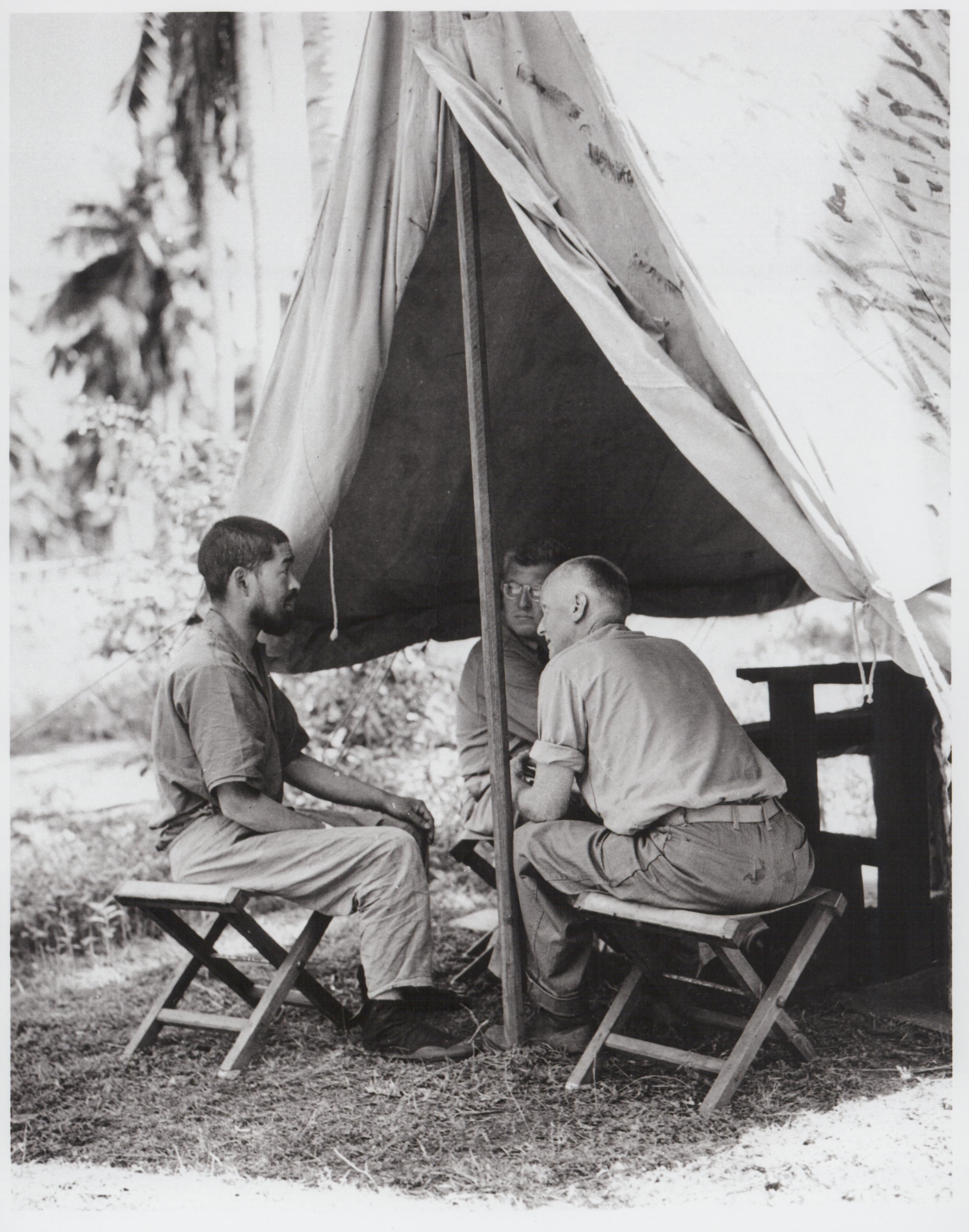
That’s the thought that I had as I read this article from the Washington Post: ‘Eyewash’: How the CIA deceives its own workforce about operations. Prior to this article, I was already something of a skeptic. For one thing, the CIA doesn’t seem to have actually done us a lot of good, historically speaking. High-ranking double agents like Kim Philby (actually in British intelligence) meant that in the early days of the Cold War the only limits to Soviet supremacy were their own suspicions. When it comes to the CIA’s biggest operations, the CIA either bungled them horribly (like the Bay of Pigs Invasion), succeeded only to bring serious blowback on the United States (like Operation Ajax) or–perhaps worst of all–never bothered to show up at all (as with the Hungarian Revolution of 1956). Then there’s the plain old villainy of Project MKUltra. Altogether, this is not a track record to inspire either trust or gratitude.
One of the problems that run through these examples is the fact that the CIA brings intelligence and operations under one roof. As I understand it, this is considered a bad idea by most national intelligence agencies. It is why, for example, the British have both MI5 (operations) and MI6 (intelligence). The main problem with merging the two functions into a single organization is that it creates a conflict of interest: operations folks have the ability to interfere in research gathering and analysis to support their plans (ahead of an operation) or obscure mistakes (after an operation).
The idea of splitting the CIA might seem crazy. Don’t we have enough intelligence agencies already? Why yes, we do. We have an “intelligence community” of 17 distinct federal agencies that are supposed to coordinate to handle national intelligence. But note that that’s all intelligence. We could certainly use some streamlining and consolidation of intelligence agencies, but merging intelligence and operations is precisely the wrong kind of merger.
The one thing that has kept me sort of on-the-fence about the CIA is the notion of trust. I don’t think of myself as an overly trusting person, but I do think of myself as fairly pragmatic. As a conservative, I have the tragic vision of the world. That’s the idea that the world, in its natural state, is full of limited resources and conflicting incentives. It doesn’t go as far as Hobbesian paranoia, but it is a view of the world where most choices require tradeoffs and where conflict with other players[ref]In the sense of game theory, which isn’t really about “playing” or “games” at all.[/ref] is something that has to be managed and navigated but cannot be entirely avoided. George Orwell’s statement resonates with me: “We sleep soundly in our beds because rough men stand ready in the night to visit violence upon those who would do us harm.” A nation state needs an intelligence apparatus and it needs some covert operational capabilities as well.
Most importantly, the declassification of early Cold War era documents served to me as a kind of delayed verification of what the CIA was up to.[ref]Stuff like the Venona Project, which was declassified in 1995.[/ref] Even though declassifying something decades after the fact may not provide the kind of immediate public scrutiny that is important for other government action, it seemed like a good balance of the need for secrecy with the need for public oversight. After all, the incentives of a typical member of an organization are to not only look after their own needs and desires but–to at least some degree–to those of the organization they belong to. This is where concepts like loyalty and legacy and prestige all come into play. If CIA leadership knows that eventually the public will find out what they have done, I think that’s a useful incentive.
And so we come back to the WaPo article:
Senior CIA officials have for years intentionally deceived parts of the agency workforce by transmitting internal memos that contain false information about operations and sources overseas, according to current and former U.S. officials who said the practice is known by the term “eyewash.”
OK, so that sounds kind of bad, but you could see how that would actually be an important counter-intelligence strategy. If you want to know where a leak is, then you give different information to different suspects and you see what gets turned over to the other side. And obviously if you can dole out fake information this makes it easier to come up with different “facts” to check against more leaks and it also prevents the betrayal of real operatives and real operations. You could see how it could be abused, but also how the CIA would need the flexibility to do this from time to time. But then I read this:
Officials said there is no clear mechanism for labeling eyewash cables or distinguishing them from legitimate records being examined by the CIA’s inspector general, turned over to Congress or declassified for historians.
And that’s when I threw my arms up in the air and thought to myself, “We probably need to dismantle this entire institution and start over.”
If the false information is not documented somewhere, then the one and only reason I had for hoping the CIA could be kept in check–eventual declassification, scrutiny, and some form of (perhaps watered down) accountability–is gone. If the leadership of the CIA gets to release false information in official documents without any distinction between the lies and the truth, then the potential of abuse seems basically limitless and the opportunity for accountability (even indirect accountability through ideas like reputation and legacy) disappears.
I’ve been thinking a lot about the concept of honor and about the important of principle not just in an idealized world, but in a very practical one. I think our country has made a fatal mistake in our abandonment of these concepts in favor of real politik. The amount of goodwill that the United States has squandered all around the world is incalculable, and it’s not just about feelings. It has real impacts on our safety, our foreign policy, our economy, and global stability. If we had traded that for real and tangible benefits, you could make the case that it’s a tough but necessary tradeoff, but I just don’t believe we can rely on that anymore.
If the CIA has license to lie to the people of the United States indefinitely and without recourse, then in what conceivable sense does it remain an arm of government by, for, and of the people?

